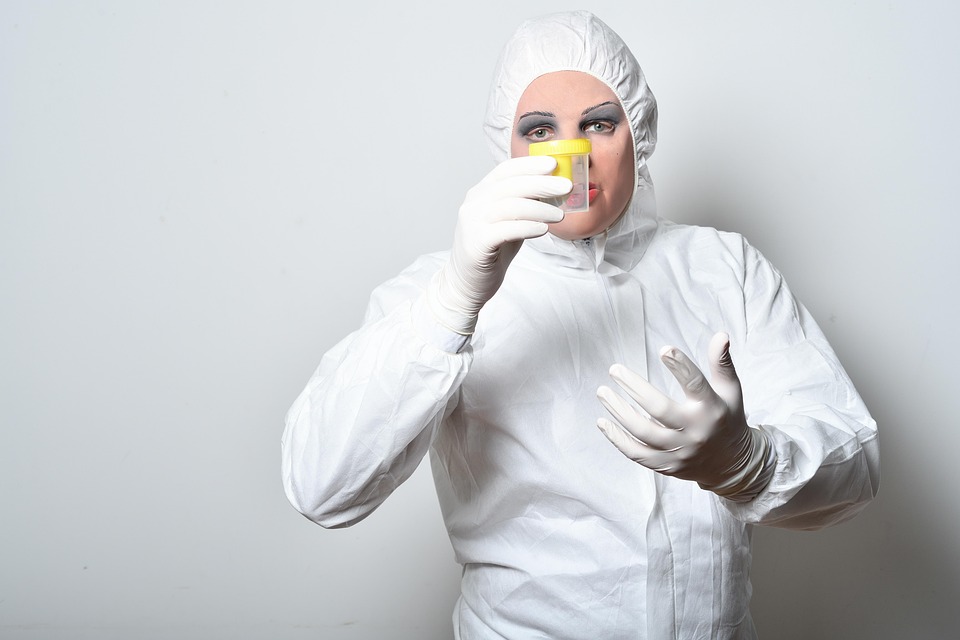Essential Skills and Responsibilities for Microbiologists: A Shortage Occupation with Promising Career Prospects in the UK
The realm of microbiology, often perceived through a lens of complexity and intrigue, stands at a pivotal crossroad in the UK. With a notable shortage of skilled professionals, this field not only offers a plethora of opportunities but also an engaging career path that resonates with those passionate about the microscopic world. So, what exactly does it take to thrive as a microbiologist in today’s dynamic landscape?
1. Core Responsibilities
Microbiologists, the unsung heroes of the scientific community, bear the responsibility of studying microorganisms, from bacteria and viruses to fungi and algae. Their work spans across various sectors, including healthcare, environmental science, and food safety. Daily tasks often involve:
- Research and Experimentation: Designing and conducting experiments to understand microbial behaviour, their interactions with environments, and their implications on public health.
- Data Analysis: Employing statistical tools and software to interpret complex data sets, leading to informed conclusions that can guide future research.
- Quality Control: Ensuring that products meet health and safety regulations, particularly in pharmaceuticals and food production, requires meticulous attention to detail.
These responsibilities not only demand technical prowess but also a strong adherence to ethical standards, as the implications of their work can significantly affect human health and the environment.
2. Essential Skills
To navigate the intricate world of microbiology, certain skills are indispensable. A blend of technical and soft skills creates a well-rounded professional capable of tackling various challenges. Key skills include:
- Analytical Thinking: The ability to scrutinise data and draw meaningful conclusions is vital. This skill allows microbiologists to identify patterns and anomalies that can lead to breakthroughs in their research.
- Communication Skills: Whether drafting reports, presenting findings, or collaborating with other scientists, effective communication is crucial. The ability to convey complex information in an accessible manner is often what distinguishes a good microbiologist from a great one.
- Technical Proficiency: Familiarity with laboratory equipment and techniques, such as PCR (Polymerase Chain Reaction) and culture methods, is essential. Moreover, the increasing reliance on bioinformatics tools demands a certain degree of digital literacy and adaptability.
3. The Growing Demand
The shortage of skilled microbiologists in the UK is not merely a statistic; it reflects a broader trend of increasing reliance on microbial research across multiple sectors. As global health challenges such as pandemics and antibiotic resistance loom large, the role of microbiologists becomes even more critical.
In fact, a report from the Royal Society highlights that "the demand for microbiologists is projected to grow significantly, driven by advancements in biotechnology and an urgent need for public health solutions." This trend not only promises job security but also invites innovation and creativity within the field, making it an attractive career choice.
Embracing the Future
As we delve deeper into the 21st century, the future for microbiologists in the UK looks bright. With an increasing focus on sustainable practices and preventive health measures, the profession is poised to evolve further. Aspiring microbiologists should remain vigilant, continually updating their skills and knowledge to stay ahead in this rapidly changing landscape.
In navigating the complexities of securing employment, particularly in roles requiring sponsorship, platforms like Visajob.co.uk stand ready to assist. Committed to helping individuals find their footing in the UK job market, especially in shortage occupations, Visajob.co.uk is an invaluable partner in the journey towards a fulfilling career in microbiology.




